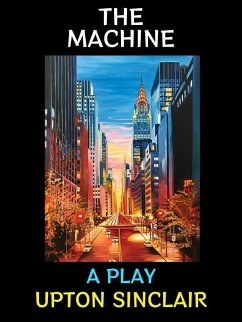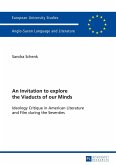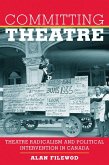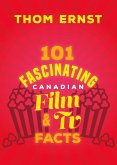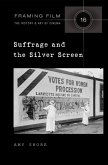The Machine which was originally published in 1912 in the collection Plays of Protest. Although it contains some of the same characters who appeared in his novels The Metropolis and The Moneychangers, it is intended to be a stand-alone piece and requires no prior knowledge of those previous books. The play exposes the system of patronage and graft established by the Tammany Hall organization, a corrupt political machine which controlled New York politics through the early 20th century. Three socialist activists intend to educate a wealthy young woman who has expressed a curiosity toward their political views. This socialite and philanthropist, Laura Hegan, is the daughter of Jim Hegan, a railroad baron, who is in cahoots with the Tammany gang. When Laura's newfound friends conduct an investigation into some of Hegan's shady dealings, the daughter is rudely awakened to the corrupt activities of the father. The plot revolves around the usual struggle of socialism against big business which dominates Sinclair's entire body of work. The one unexpected aspect to this story is a brief mention of human trafficking. Hegan supports Tammany Hall in order to further his business interests, while a white slavery ring supports Tammany Hall in order to protect their criminal activities, so it is implied that Hegan is inadvertently supporting human trafficking and prostitution. This thread, however, is little developed. Readers familiar with Sinclair's work will find few surprises here.
Dieser Download kann aus rechtlichen Gründen nur mit Rechnungsadresse in A, B, BG, CY, CZ, D, DK, EW, E, FIN, F, GR, HR, H, IRL, I, LT, L, LR, M, NL, PL, P, R, S, SLO, SK ausgeliefert werden.

